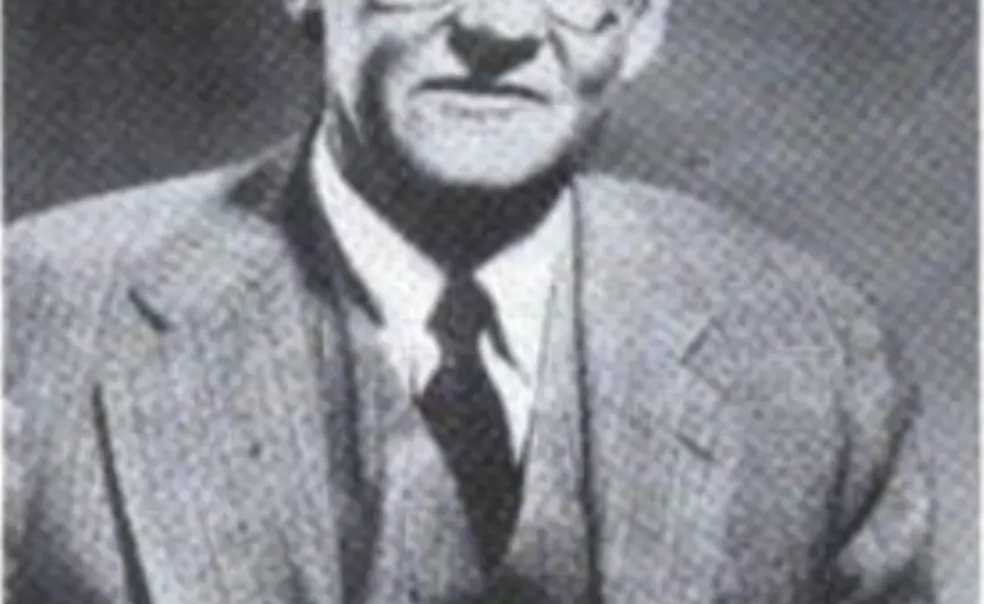Princeton Authors: John Foster Dulles ’08
War, says John Foster Dulles ’08, is probable, but not inevitable. It is probably, unless by positive and well-directed efforts we fend it off. His book “War or Peace” (Macmillan, 274 pages, $2.50; paper-bound, $1.00), explores the policies we have been operating under for the past five years and the steps that might determine the question of “war or peace.” Mr. Dulles points out the difficulties, which the Communists have solved and we have not, of living in a “twilight zone” that is neither war nor peace; and the consequent great advantage the Communists have of being able always to take the offensive.
Mr. Dulles wrote “War or Peace” in three months, just prior to accepting his present position as special adviser to the State Department. The prominent Republican’s long career of public service began in 1908, when he was a secretary at the Hague Peace Conference. One of President Wilson’s principal advisers at Versailles, he was also a member of the Reparation Commission and the Supreme Economic Council.
Largely due to the work of Mr. Dulles and Secretary of State Hull, the issue of world organization was place above partisanship in the 1944 presidential campaign of Truman and Dewey. From that time on, Mr. Dulles has played a leading role in the development of the U.N. and in the evolution of U.S. foreign policy. He took part in the San Francisco Conference, the early U.N. Assemblies, and several meetings of the foreign ministers in London, Moscow, and Paris. As Senator, he was a leader in the ratification of the North Atlantic Pact, the E.R.P. and the Military Assistance Program. Equally active as a religious layman, he has done valuable work as chairman of a Federal Council of Churches commission in mobilizing people of all faiths to an interest in a united national policy.
This was originally published in the June 2, 1950 issue of PAW.










No responses yet